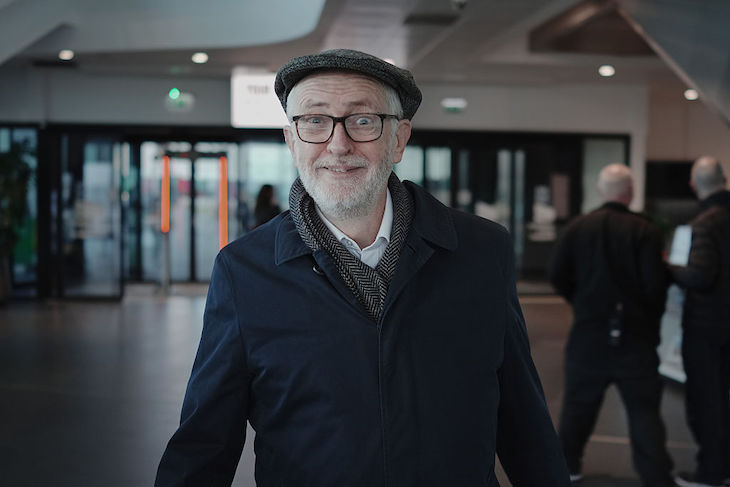Even Keir Starmer’s fiercest detractors (and there are a fair few) must concede that he has had a very good week on the international stage: the best by a long chalk since he entered Downing Street. The Prime Minister, derided by critics as a political plodder, lacking in ideas and charisma-free, is a leader transformed.
The new Starmer is a man with a mission, imbued with the confidence to lead. This was very much in evidence when he met US President Donald Trump for talks in Washington earlier this week. Starmer approached the discussions in the manner of the barrister he used to be, carefully mastering his brief and solely focused on making a success of his case. His standing with Trump was bolstered by the decision to increase military expenditure (Starmer plans to boost defence spending to 2.5 per cent of GDP by 2027), a key demand of the new American administration.
The bonhomie between the two leaders appeared genuine enough; job done, as far as Downing Street was concerned. Some critics accused Starmer of adopting an overly-flattering approach towards Trump, claiming that it might have been better to use the occasion to tell the Americans a few home truths. One has only to look at what happened when Zelensky tried just that in his own Oval Office meeting to see the obvious flaws of such an approach. Starmer was right to focus on the bigger picture. By doing so, he has a voice at the table. That is vital in these uncertain times.
After the White House bust-up between Donald Trump and the Ukrainian leader, Volodymyr Zelensky, Starmer was quick to call both men by telephone. More good politics on his part, and fresh evidence of his determination to act as a bridge between the Trump White House and Europe.
Next stop was a warm welcome for Zelensky in Downing Street; there were repeated embraces for the Ukrainian leader in front of the TV cameras. Who knew our prime minister was so touchy-feely?
“You are very, very welcome in Number Ten,” gushed Starmer. There could have been no greater contrast with the brutal and undignified treatment meted out to Ukraine’s leader by Donald Trump in the Oval Office just 24 hours earlier.
Zelensky was also granted an audience with King Charles. All in all, this is smart politics from Starmer, who finally appears to be learning the art of what it means to be a leader.
The events of recent days have served to highlight that this country remains an important and significant force on the global stage. Britain, ever since the Brexit vote in 2016, has been lazily characterised and dismissed as a marginal and irrelevant force in the wider world. Not so. Starmer has just hosted the European defence summit at Lancaster House, a stone’s throw away from Buckingham Palace. The leaders of France, Germany, Italy and Spain were among those taking part. This convening power – soft power, if you like – is vivid testimony to the reality that this country retains a powerful and influential voice. Our neighbours look to us at times of uncertainty and crisis.
The new Starmer is a man with a mission, imbued with the confidence to lead
That being said, no one should underestimate the scale of the task in the weeks and months ahead. Europe’s leaders have a habit of talking the talk but failing to walk the walk. There have been more promises made at the end of the London summit. Only time will tell what these promises really amount to. Starmer warned European leaders that the continent faces a “once in a generation moment for its security”. A unified European response – action not words – is desperately required at this time.
Starmer too is not yet out of the woods. His pledge to increase military spending will be paid for by cuts to the international aid budget. This has not gone down too well with those on the Labour left, and has led to one ministerial resignation. More trouble is brewing on the Labour backbenches.
Starmer’s idea of acting as a “bridge” between the Trump administration and Europe may turn out to be wishful thinking as well. The Prime Minister says he trusts Trump but not the Russians – yet a Kremlin spokesman said on Sunday that the “foreign policy “of Washington and Moscow is broadly aligned now Donald Trump is in office.
Squaring this circle will not be easy. To lead is to choose, as is often said. Even so, it is to Starmer’s credit that he has stepped up during this crisis. It may well turn out to be the defining moment of his premiership. Even Starmer haters should give him his due.








Comments